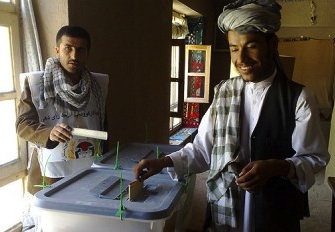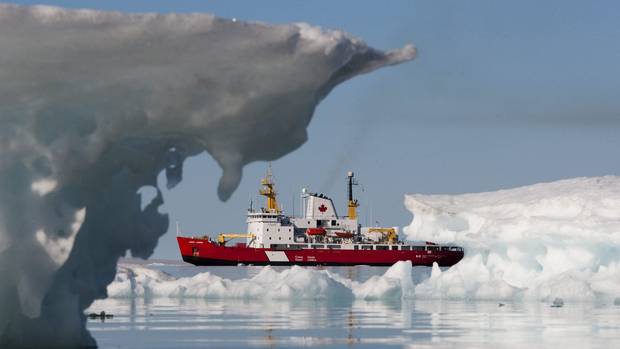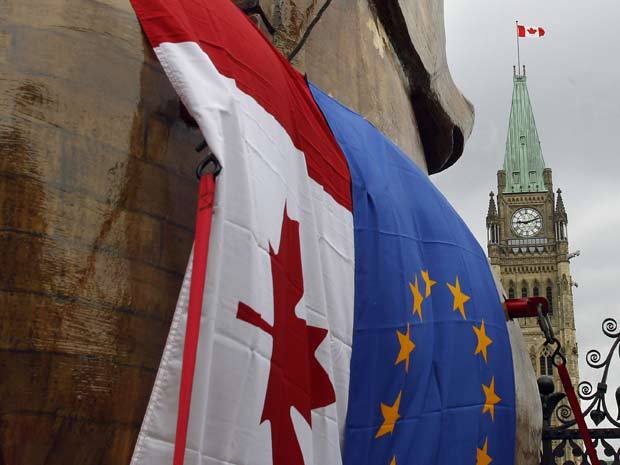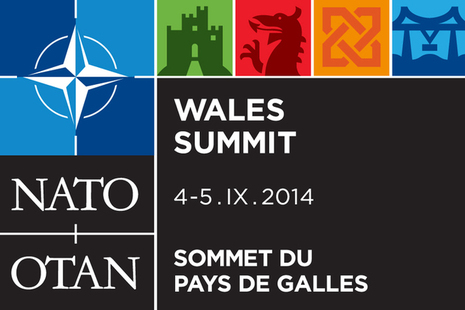Conflict will always prevail. Disagreement, competition for resources and confrontation are an inherent part of human interaction; they drive change and instigate progress. In warring geographies the primary problem does not necessarily centre on the conflict itself, but the ways in which conflict gets manifested. In that regard, peace-building missions aim to curb the violent aspects of conflict while creating new political avenues that provide the space for the communication of adversarial interests.
In the case of Afghanistan, NATO forces have been struggling to put an end to the terror and the violence committed in the country since 2001. Many allied forces, including Canada, have lost men and women in this mission. While significant accomplishments have been made, such as the establishment and continued training of the Afghan army and police forces, NATO has not been able to take the Taliban, the ticking bomb, out of the Afghan equation.
2014 will be a very important year for Afghanistan, both for domestic and international actors. In October 2012, Afghan President Hamid Karzai announced that the next presidential elections are to take place on April 5,2014. Bearing in mind the controversy surrounding the 2009 election, this new election cycle comes as an important opportunity to raise the democratic bar and boost confidence in Afghanistan.
Furthermore, as was agreed upon at the 2010 Lisbon Summit, NATO has been predominantly occupied with transferring power to their Afghan counterparts and building a national army with a clear deadline in mind. As of the end of 2014 the majority of NATO forces that are currently deployed in Afghanistan will return to their respective countries, as responsibility for the country’s security is transferred to the Afghan National Security Forces (ANSF) and the Afghan National Police (ANP). Bearing in mind the important tests that await Afghanistan next year, will the country be able to survive 2014?
There are two important concerns that raise doubts about the possibility of achieving long-term peace in Afghanistan. First, will ANSF and ANP be able to to effectively protect the Afghan territories in the long run? Second, can the National Assembly of Afghanistan maintain a strong central authority over the country without the interference of a third party? The answers to both these questions will be heavily determined by one important factor, the Taliban.
Due to the regional support the Taliban continues to enjoy, which results in financial assurances as well as an on-going ability to organize attacks from neighboring Pakistan, it is unlikely to give up on Afghanistan. Even now, while ISAF continues to maintain an active presence in the region, tbe Taliban has been able to cause considerable damage. In fact, security has significantly deteriorated since 2004, and August 2012 was the second deadliest month on record in Afghanistan. In other words, the Taliban and other insurgent groups are still very relevant in the Afghan peace process, and they need to be treated that way. Especially with the signs of the Salafi movement gaining momentum in countries such as Tunisia and Egypt, it might not be long before the Taliban finds new well-established allies in the region. It is therefore important to address their claims on Afghanistan in a timely manner.
In addition to achieving security within the country, there is also a serious need to establish viable political channels that provide the space for the communication of conflicting interests. The 2014 elections present a key opportunity to facilitate the further demilitarization of politics, however, the country does not seem to be ready for the elections. Countries like Canada have been implementing development projects targeting good governance practices for several years now. These projects aim to increase local political participation through basic service provisions and self-empowerment. In a similar vain, international donors have pledged $ 16 billion in aid to Afghanistan, with Canada offering $227 million from 2014-2017, with the condition that Afghan government effectively tackles corruption and holds fair elections. While both these strategies promote the rule of law, the Afghan government lacks the necessary infrastructure to hold fair elections for the time being, and there are many technicalities that are yet to be sorted out.
Security is a crucial condition for peace even though it is not sufficient on its own. In this delicate transition period, where Afghan forces will be responsible for the safety of the country, it is all the more important that the state is able to carry on with the election process without allowing for a countrywide relapse into violence. If international actors and the Afghan government wish to see a strong and peaceful Afghanistan by the 2014, they need to attach higher priority to seeking diplomatic agreements with the Taliban while paying equal attention to the process leading up to the April 5 elections.




